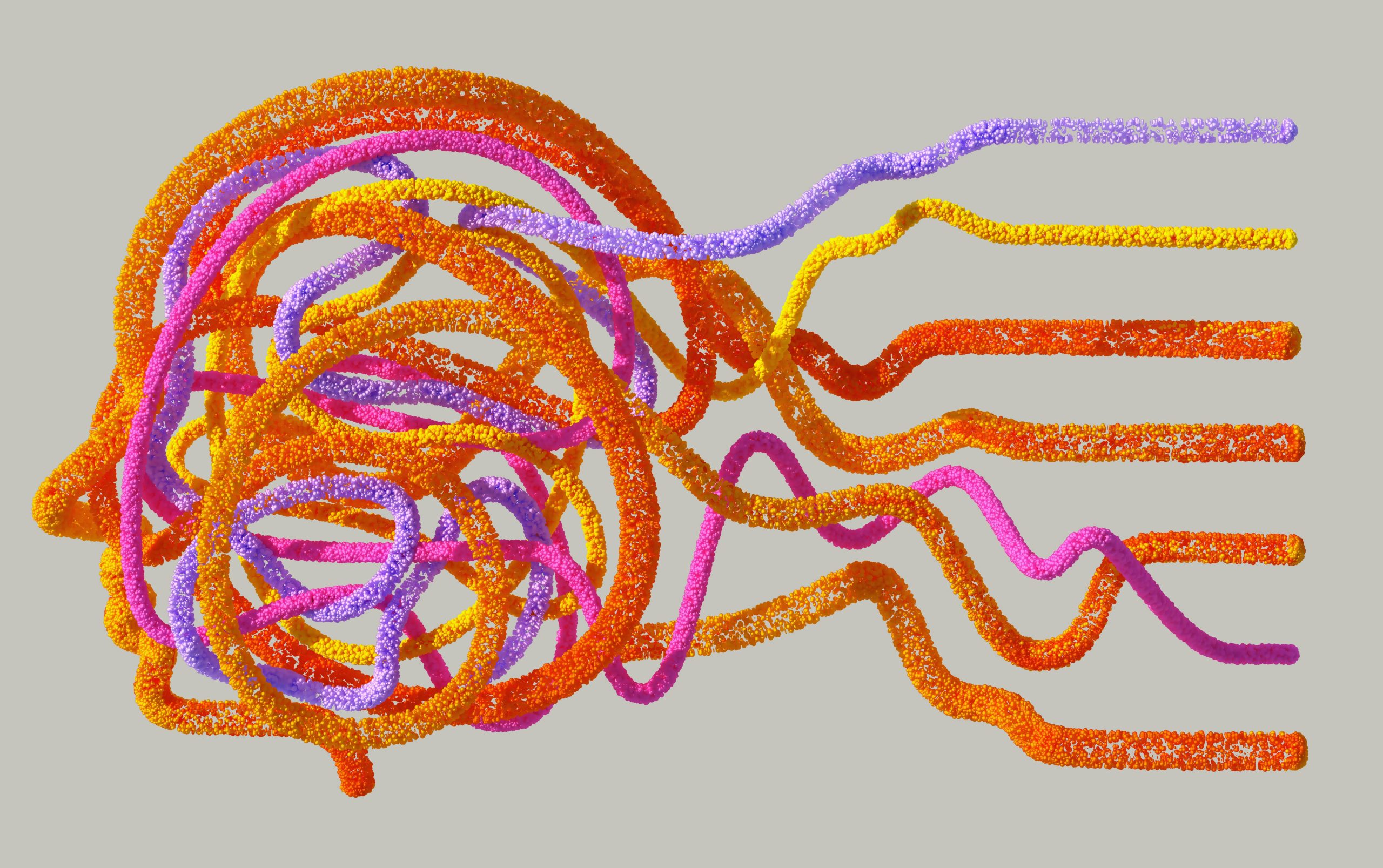Artificial intelligence (AI) is one of the most transformative technologies of the modern era. It encompasses systems and tools designed to mimic human intelligence by learning, reasoning, and adapting. While the term “AI” often brings to mind futuristic visions of robots or autonomous machines, its applications are already embedded in our daily lives, from search engines to recommendation systems. To truly understand AI, it’s crucial to explore its origins, the pioneers who shaped its development, its current uses, and its potential for the future.
Defining Artificial Intelligence
What is Artifical Intelligence? Artificial intelligence is a branch of computer science focused on creating systems capable of performing tasks typically requiring human intelligence. These tasks include learning from data or experiences, reasoning to make decisions or draw conclusions, solving problems, understanding human language, and recognizing patterns like images or sounds. Unlike traditional computer programs that follow explicit rules, AI systems adapt to new data and improve their performance over time, often using techniques like machine learning and neural networks.
The scope of AI is broad, ranging from simple automation to complex systems that analyze and process massive datasets. At its core, AI is about enabling machines to simulate human intelligence and tackle challenges that require cognitive capabilities. This broad definition allows AI to encompass a wide variety of technologies, each with unique strengths and applications.
The Origins of Artificial Intelligence
The concept of artificial intelligence predates modern computers. Philosophers and inventors have long imagined machines capable of replicating human thought. However, AI as a scientific discipline formally began in the mid-20th century, with a pivotal event marking its birth.
The Dartmouth Conference in the summer of 1956 is considered the starting point of AI as a field of study. Organized by John McCarthy, who also coined the term “artificial intelligence,” this event brought together computer scientists like Marvin Minsky, Allen Newell, and Herbert A. Simon. The group shared a vision: that human intelligence could be described so precisely that it could be replicated by machines. They outlined foundational goals, including enabling machines to reason, solve problems, and learn independently.
In the years that followed, significant milestones solidified AI’s foundation. The Logic Theorist, developed by Newell and Simon in 1955, was one of the first programs capable of automating reasoning by proving mathematical theorems. Another breakthrough came in 1958 with the invention of the perceptron by Frank Rosenblatt, an early attempt to create neural networks modeled after the human brain. These early successes sparked optimism, but limited computing power and overambitious expectations led to the “AI Winter,” a period of reduced funding and interest.
The Pioneers of AI
Artificial intelligence owes its development to the vision and ingenuity of key pioneers. Alan Turing, often called the father of computer science, proposed the idea of machines capable of thinking like humans. John McCarthy, who coined the term “artificial intelligence,” also developed Lisp, one of the earliest programming languages used in AI. Marvin Minsky contributed to the development of early AI systems and neural networks, while Geoffrey Hinton’s groundbreaking work in deep learning laid the foundation for modern AI systems.
Their contributions have inspired generations of researchers and engineers, shaping the field into what it is today and paving the way for future advancements.
The Evolution of Artificial Intelligence
Despite setbacks, AI saw renewed momentum in the late 1990s and early 2000s, thanks to advances in computing power, data availability, and new algorithms. One of the most transformative developments was the emergence of machine learning, a subset of AI that relies on analyzing data to identify patterns and make predictions.
Machine learning marked a shift from traditional programming, where every action had to be explicitly coded, to systems that could learn and adapt independently. This innovation laid the groundwork for applications like recommendation systems, speech recognition, and fraud detection.
Building on the foundation of machine learning, deep learning emerged as a specialized form of AI. Deep learning uses neural networks with multiple layers to analyze complex data and extract meaningful insights. This approach mimics the structure of the human brain, allowing systems to excel at tasks like image recognition, natural language processing, and predictive analytics.
The most recent advancement in AI is generative AI, which creates new content, including text, images, and music. Generative AI relies on foundation models, such as large language models like GPT, which are trained on vast amounts of data to perform a wide range of tasks. These systems are revolutionizing industries by automating creative processes and enabling entirely new capabilities.
How AI Is Being Used Today
Artificial intelligence is now a cornerstone of innovation across numerous industries, driving efficiencies and enabling capabilities that were once impossible.
Artificial Intelligence in Healthcare
In healthcare, AI is revolutionizing diagnostics and treatment planning. Advanced systems analyze medical images with high precision, helping doctors detect conditions like cancer at earlier stages. In drug discovery, AI accelerates the identification of potential treatments by sifting through enormous datasets to identify promising candidates. Virtual health assistants are also gaining popularity, providing patients with personalized advice and helping them manage chronic conditions.
Artificial Intelligence in Financial Industry
The financial sector relies heavily on AI for fraud prevention, where real-time analysis detects unusual transaction patterns that could indicate fraudulent activity. AI also powers trading algorithms, which analyze market data and execute trades with precision and speed. Credit scoring systems have become more inclusive and accurate by leveraging AI to evaluate complex financial data and predict risk.
Artificial Intelligence in Retail
Retailers use AI to enhance the shopping experience and streamline operations. Personalized recommendations are now standard, as AI analyzes browsing and purchase histories to suggest products tailored to individual preferences. AI also optimizes inventory management by predicting demand and ensuring that stock levels are aligned with customer needs. Many e-commerce platforms deploy AI-powered chatbots to provide instant customer service, reducing response times and improving user satisfaction.
Artificial Intelligence in Transportation
In transportation, AI is driving innovation in both traffic management and autonomous vehicles. Self-driving cars, developed by companies like Tesla and Waymo, rely on AI to navigate roads, detect obstacles, and make split-second decisions to ensure safety. AI also improves urban mobility by analyzing traffic patterns and optimizing traffic flow, reducing congestion in cities.
Artificial Intelligence in Entertainment
The entertainment industry is increasingly shaped by AI, which enhances user experiences and facilitates content creation. Streaming platforms like Netflix and Spotify use AI to recommend shows, movies, and music based on individual preferences. AI-generated content, such as music, art, and even film scripts, is becoming more common, enabling creators to explore new ideas and produce unique works.
Artificial Intelligence in Cybersecurity
Cybersecurity is another critical area where AI excels. Advanced systems monitor networks for anomalies that could indicate cyberattacks and respond in real-time to neutralize threats. This proactive approach is essential in protecting sensitive data and infrastructure in an increasingly interconnected world.
The Future of AI
Artificial intelligence holds immense potential to reshape society in ways that are only beginning to be understood. As technology continues to advance, AI will play a central role in addressing global challenges and improving quality of life.
In education, AI could personalize learning experiences by adapting to individual students’ needs and abilities. Virtual tutors could make high-quality education accessible to remote or underserved communities. In healthcare, predictive analytics powered by AI could enable preventive care, identifying risks before they become serious health issues. Robotic surgery could become more advanced, enhancing precision and reducing recovery times for patients.
AI’s role in combating climate change is also promising. By optimizing energy use, improving the efficiency of renewable energy systems, and modeling the effects of environmental changes, AI could be instrumental in mitigating the effects of global warming. In agriculture, AI systems could analyze weather patterns and soil conditions to improve crop yields and reduce waste.
The future workplace will likely see greater integration of AI, automating repetitive tasks and allowing humans to focus on creativity and problem-solving. While this raises concerns about job displacement, it also opens opportunities for entirely new industries and roles.
Ethical challenges will remain a significant focus as AI becomes more powerful. Ensuring fairness, transparency, and accountability in AI systems will require collaboration among researchers, policymakers, and industry leaders. Establishing clear guidelines for the responsible use of AI will be essential to maximizing its benefits while minimizing its risks.
Conclusion
Artificial intelligence is more than just a technological innovation—it’s a transformative force reshaping industries, enhancing lives, and addressing complex global challenges. From its origins in theoretical research to its widespread adoption today, AI has demonstrated its ability to revolutionize the way we solve problems and interact with the world.
As we look to the future, AI’s potential to improve healthcare, education, and environmental sustainability is vast. However, realizing this potential will require thoughtful development and responsible governance to ensure that AI benefits humanity as a whole. Whether diagnosing diseases, optimizing energy use, or generating creative content, AI is just beginning to show us what it can achieve.


